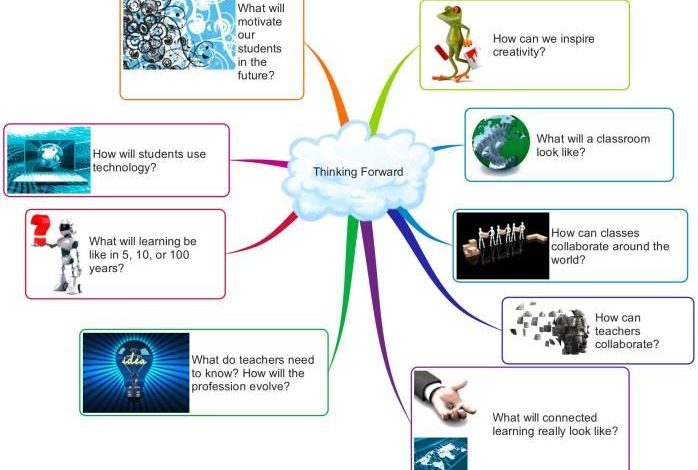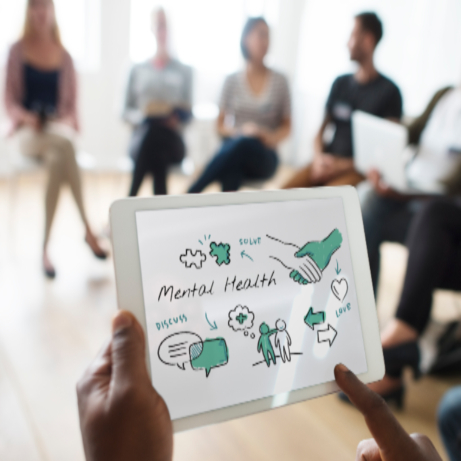How Does the Future of Education Look Like?

Covid-19, a major development in the education business, will profoundly impact all of you in the next years. Because of the pandemic, our daily routines have been drastically altered, including those in education.
Even after the lock down ended, schools and universities could not reopen because pandemics spread across the country. It was a slow process, but all educational institutions successfully adapted to the new developments in the way they offered online lessons.
Initially, it looked impossible, but educational institutions could accomplish it. The future of education will undoubtedly change, and we all know that. There is no doubt that technology will continue to grow in the future years. Schools must devote more resources to purchasing new technology to provide students with better education.
Assumptions about what the future of education holds
Education’s future is likely to be significantly altered. Here’s how:
The entire world’s population
When faced with a problem that everyone shared, the pandemic compelled people to seek out each other for solutions and to share their thoughts. An opportunity missed to facilitate the cross-border exchange of ideas and practices, and a policy and assessment framework was in 2018.
It will be possible to learn more.
However, even though many students and their parents had previously expressed regret for online classes, they now realise that this approach will benefit many kids, especially those who have internet connections and do not have the financial resources to go to school.
Schools will spend a lot of money on online educational resources in the coming years. As a result, students will be able to learn the same material at different times and from different locations. As a result, students no longer have to be concerned about their learning speed because recorded lessons are constantly available.
The classroom is no longer the only place where students can learn. It will teach practical lessons face-to-face to students in their classrooms. The lessons can be listened to at any time because they can be recorded.
Remote students will be able to access educational materials at any time, which is a significant improvement. If they can’t make it to school, they don’t have to. Virtual classes are possible with the right technology setup.
Students can interact with their teachers, ask questions, work on assignments, submit them online, and receive comments. In a nutshell, advancements in technology will fundamentally alter how educational institutions operate.
Learning tailored to each student’s needs
Personalised training is also likely to become more common in the future. In the future, students will receive personalised training. Students can learn at their own pace through personalised instruction. You can’t learn at your own pace in traditional classrooms.
The rate at which each pupil learns differs. Keeping up with a fast-paced class is out of the question for some pupils. There is no longer a difficulty with pupils keeping up with each other’s pace in a regular classroom setting.
As a result, you’ll get access to customised instruction. Students can take online classes, and You can record lessons to listen to them whenever they want until they have mastered the material completely.
These classes have the advantage of eliminating the stress of missing a class. Traditional classes have a major problem: you have a hard time keeping up. There is no need to worry about missing a single lecture because you can view the recorded version and study at home. Because you don’t have to worry about learning it rapidly, it’s the greatest option. You have complete control over how fast or slow you learn it.
There will be a new type of evaluation.
As time goes on, more and more schools will require a different assessment. Finding out how well students comprehend material is the primary objective of assessing their progress. Education institutions are now looking at students’ learning and understanding rather than their theoretical knowledge to determine how well they are doing.
In the past, teachers had to wait for a long time before giving their students feedback. Their students can receive feedback before the lesson has even ended.
They can considerably boost students’ learning progress if given feedback at regular intervals, even between classes.
Teachers must provide students with feedback regularly to help them progress academically and personally. As a result, students will put forth greater effort and be more prepared to receive feedback. Students highly value genuine input. It will assist students in concentrating on their studies.
There will be a sea change in the way education is delivered.
Before teaching a subject to students, all teachers must prepare lesson plans. Because it directs your efforts, this approach is well-liked and critical.
This approach is likely to last for a while longer, even if the entire educational system transforms, but the context in which these lesson plans are taught will shift. As a result, teachers must now devise lesson plans that address the problem of recorded lessons.
Schools will have to invest in technological resources to help teachers keep up with the rapid advancements in instructional approaches. Even if the economy recovers, the current adjustments imposed will not disappear from the market.
It’s now up to all teachers and students to adjust to these new realities. Each school will be required to set aside a specific sum of money to purchase technical resources. Teachers will benefit from the use of these resources to plan their lessons.
There are bad credit loans with an immediate decision in Ireland if you don’t have enough money to pay for your schooling. Your savings may not cover the cost of this technology if you take out one of these loans to cover the shortfall.
Because of their low-interest rates, these loans can be a great option for funding your financial needs. Despite this, you should still be aware of your ability to pay back your debts.
The bottom line
Many changes are coming to the education industry, and they will be beneficial to both students and teachers. Teachers will have to rethink their teaching methods in light of this new technology. To better serve their students, they will tailor their lessons to their individual needs.
They’ll be able to provide feedback with less difficulty now. Student learning can also be made more accessible in the same way. They can learn at their own pace by accessing recorded lectures. It’s possible to catch up on any lessons they’ve missed by listening to the recordings.
For them, the pace of other pupils is irrelevant because they can learn at their rate. The education sector has a promising future.
After experiencing its worst days following the pandemic’s onset, the education industry is on the verge of regaining its footing. The experience it garnered during that period will aid it in its future growth and development.
Author Bio:
Sarah has been writing for a decade and now for the Quran teacher near me Website. She obtained her Master’s degree at the University of London. Her main objective is to write insightful content for those people who read and like it.






